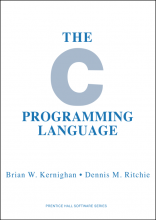Is using Chrome OS like going to prison?
Now that's a question I never expected to ask on Easter morning. But instead of waking up to egg hunts, I'm haunted by Brian Fagioli's Google+ Chromebook Community post overnight. He stirs up the hornets nest today.
"Using Chrome OS is a lot like prisoners in jail making alcohol in the toilet", he writes. "Even when you are limited, you will find a way. While it is fun to find a way to do things despite the limitations of Chrome OS, the question remains: why do we choose to put ourselves in jail?"













































































